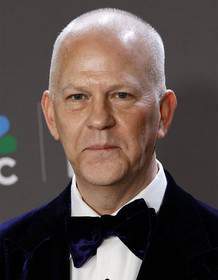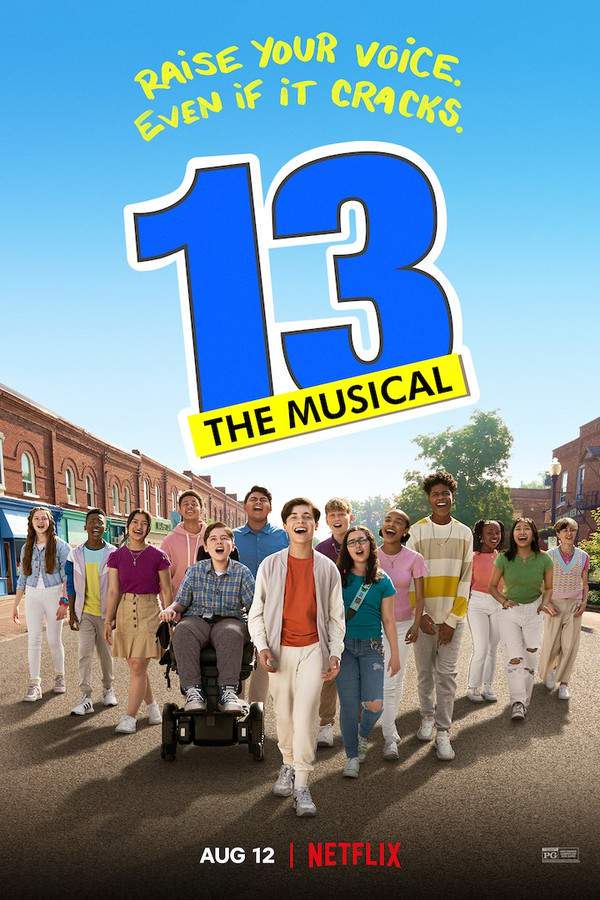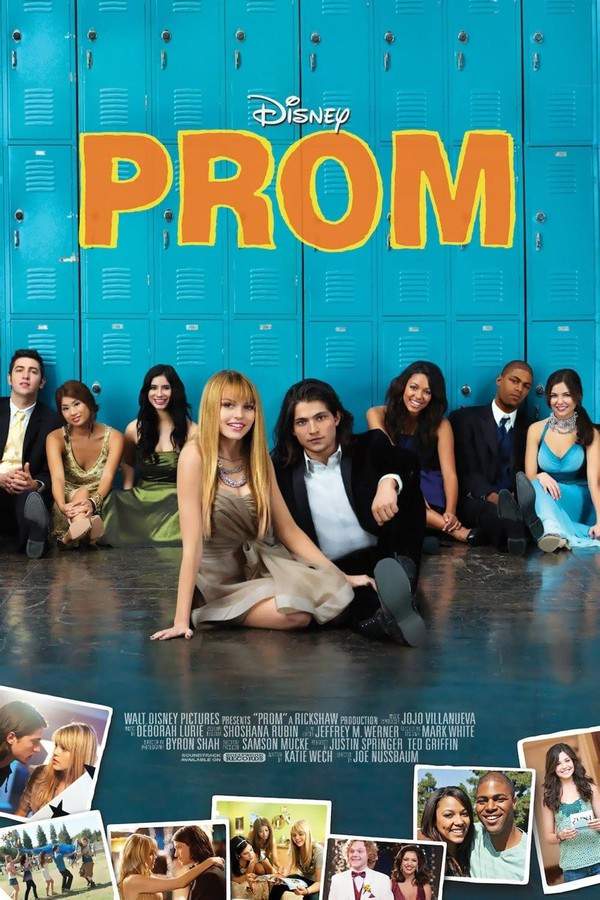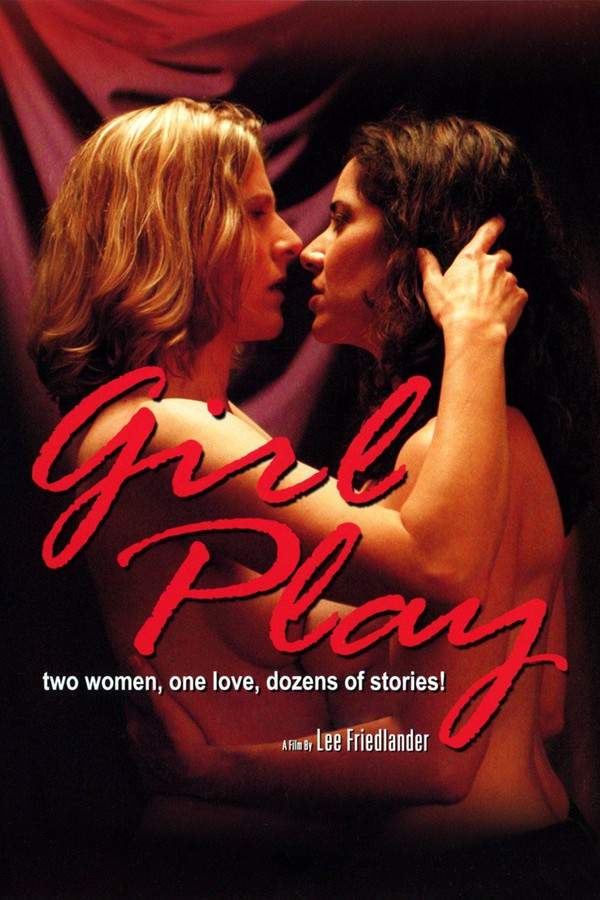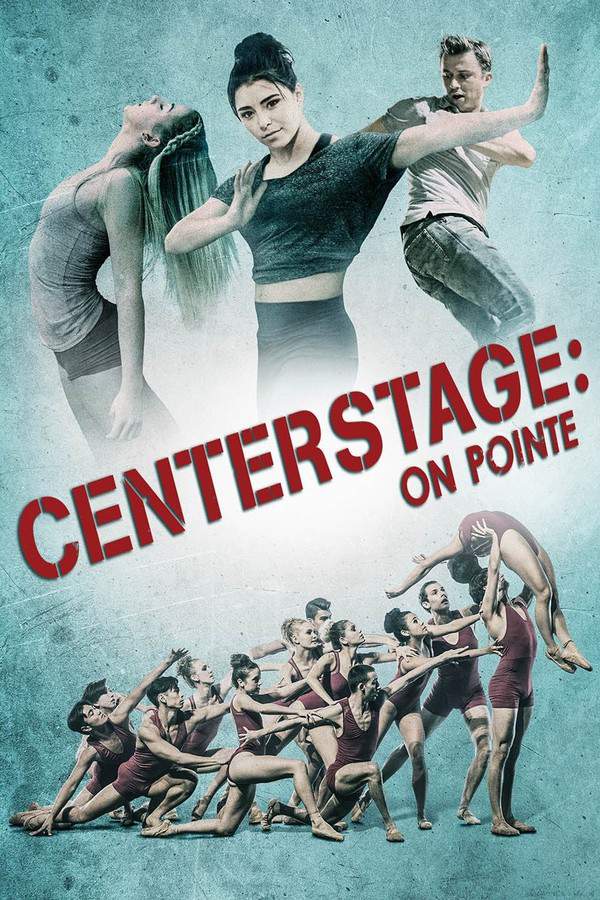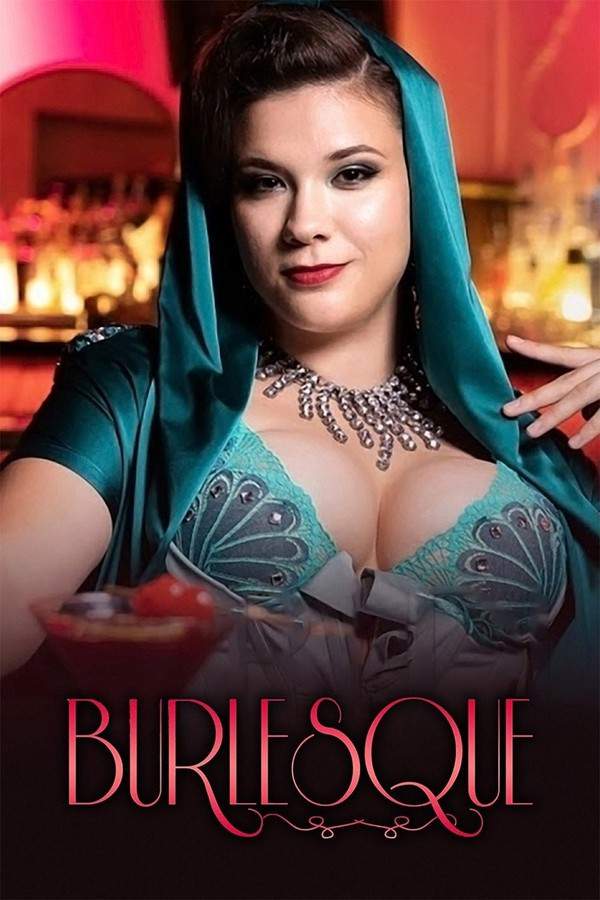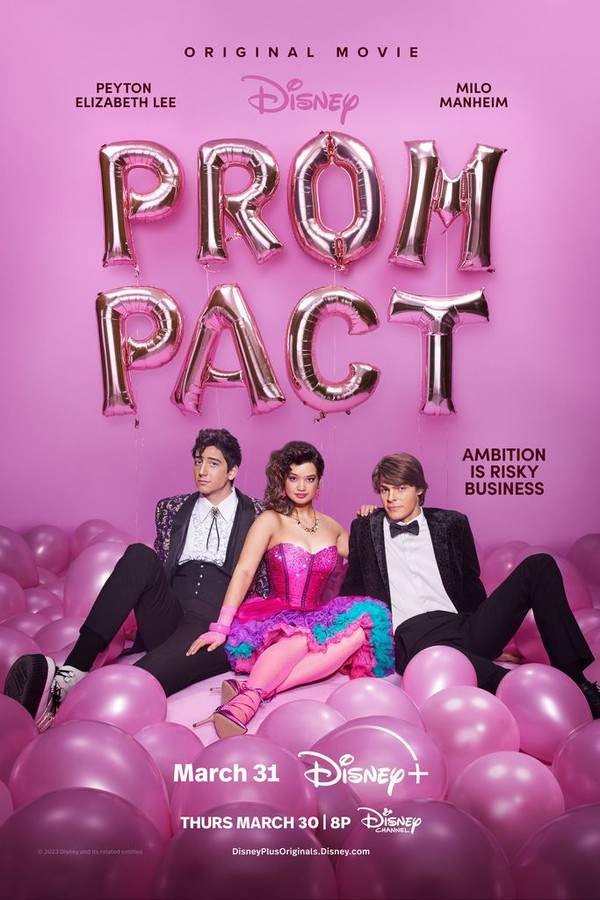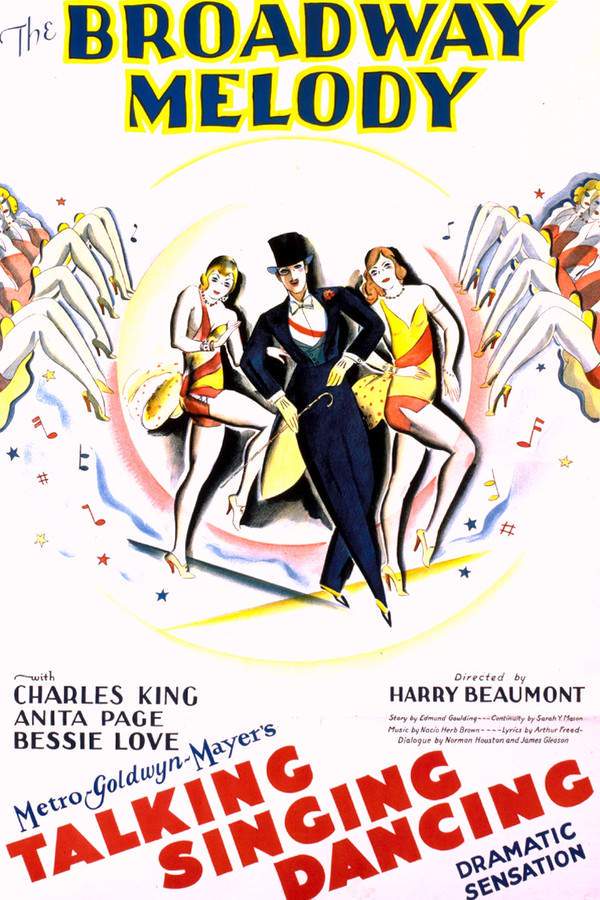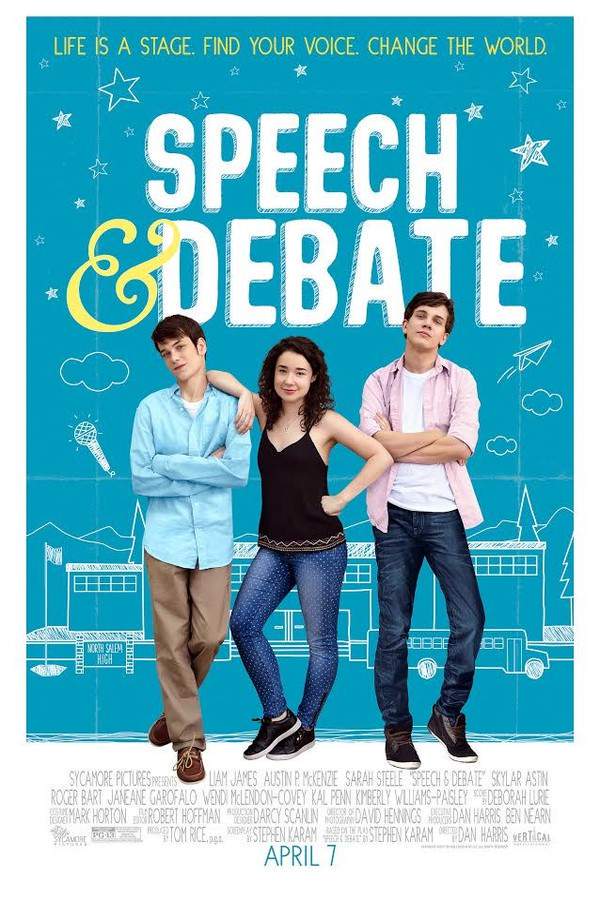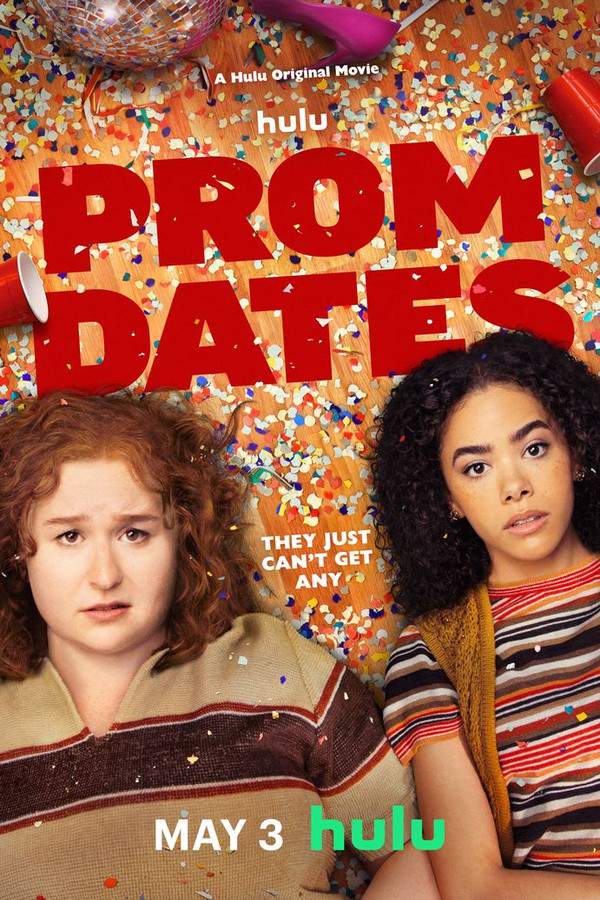The Prom 2020
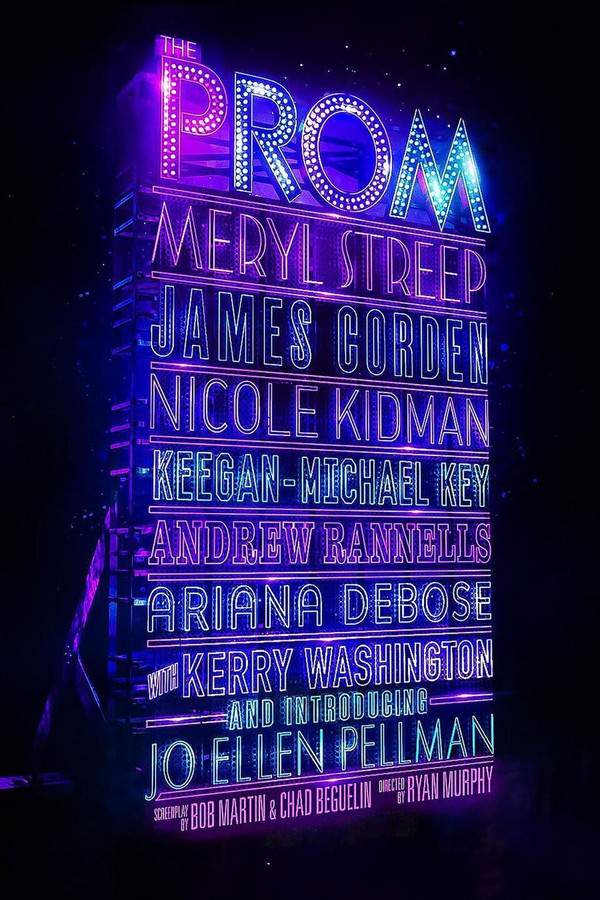
Facing stalled careers, former stars Dee Dee Allen and Barry Glickman team up with Angie and Trent to regain public attention. Their attempt to boost their images takes an unexpected turn when they get involved in a controversy surrounding a high school student in Indiana who wants to bring her girlfriend to prom. What begins as a publicity stunt soon becomes a journey of self-discovery, forcing the group to examine themes of love, acceptance, and the importance of genuine connection.
Does The Prom have end credit scenes?
No!
The Prom does not have end credit scenes. You can leave when the credits roll.
Meet the Full Cast and Actors of The Prom
Explore the complete cast of The Prom, including both lead and supporting actors. Learn who plays each character, discover their past roles and achievements, and find out what makes this ensemble cast stand out in the world of film and television.

Kerry Washington
Mrs. Greene
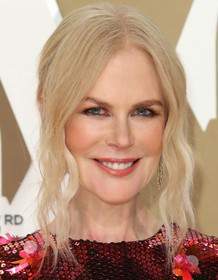
Nicole Kidman
Angie Dickinson

Keegan-Michael Key
Principal Tom Hawkins

Tracey Ullman
Vera

Meryl Streep
Dee Dee Allen

Mary Kay Place
Grandma Bea
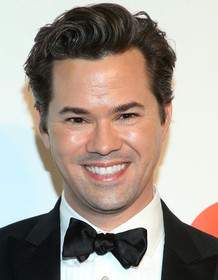
Andrew Rannells
Trent Oliver

Ariana DeBose
Alyssa Greene

James Corden
Barry Glickman

Jo Ellen Pellman
Emma Nolan

Kevin Chamberlin
Sheldon
External Links and Streaming Options
Discover where to watch The Prom online, including streaming platforms, rental options, and official sources. Compare reviews, ratings, and in-depth movie information across sites like IMDb, TMDb, Rotten Tomatoes or Metacritic.
Ratings and Reviews for The Prom
See how The Prom is rated across major platforms like IMDb, Metacritic, and TMDb. Compare audience scores and critic reviews to understand where The Prom stands among top-rated movies in its genre.

The Movie Echo Score
The Prom offers a blend of vibrant musical numbers and thematic ambition but struggles to sustain its impact beyond bursty moments of flair. Critics and audiences note the film’s energetic showtunes and broad ensemble staging while pointing to an uneven emotional core and tone-deaf narrative beats. Character performances oscillate between heartfelt warmth and over-the-top caricature, further undermining narrative cohesion. Overall, the film’s sporadic highlights are outweighed by inconsistencies in storytelling and emotional resonance.
The Movie Echo Score Breakdown for The Prom

Art & Craft
In terms of art and craft, The Prom displays a bold visual approach with dynamic staging and glossy production design. Musical sequences benefit from lively choreography and crisp editing but are sometimes marred by oversaturated lighting and abrupt camera moves. The direction embraces a camp aesthetic yet lacks visual consistency, producing an uneven tone. While creative moments shine, the overall execution feels uneven, yielding a moderately engaging but flawed visual presentation.

Character & Emotion
When it comes to character and emotion, performances range from sincerely warm to overly broad. Patti LuPone’s and James Corden’s portrayals are often criticized as caricatured, while Nicolette Robinson and Jo Ellen Pellman provide genuine emotional grounding. Chemistry among leads is intermittent, and many ensemble turns feel stunt-driven rather than character-focused. Despite occasional sparks of empathy, the film’s emotional resonance is hindered by uneven depth and inconsistent character arcs.

Story & Flow
In terms of story and flow, The Prom’s narrative ambition is undercut by clumsy pacing and tone shifts. The central premise of self-discovery and social change is introduced with promise but quickly gives way to contrived satire and uneven humor. Critics describe the plot as tone-deaf in places, and audiences note familiar beats that lack fresh insight. Although a few sensitive moments deepen the material, overall coherence suffers, resulting in limited engagement.

Sensory Experience
With regard to sensory experience, the film delivers a high-octane soundtrack and flamboyant musical numbers. The score features energetic showtunes that capture a campy spirit, and the sound design accentuates rhythm and spectacle. Visual style leans into bright colors and bold set pieces, generating moments of genuine excitement. However, an artificial sheen and occasional oversaturation undercut immersive appeal. Overall, the sensory elements impress but are tempered by excessive polish.

Rewatch Factor
In terms of rewatch factor, The Prom offers isolated highlights but struggles to maintain appeal across multiple viewings. Energetic song-and-dance passages and a handful of sincere emotional beats invite reconsideration. Yet the film’s uneven narrative tone and inconsistent character work diminish its lasting charm. While musical enthusiasts may revisit standout numbers, most viewers are unlikely to return for the full experience more than once, limiting its replay value.

55
Metascore
6.2
User Score


54%
TOMATOMETER

61%
User Score

5.9 /10
IMDb Rating

54
%
User Score

2.3
From 68 fan ratings

3.00/5
From 7 fan ratings
Take the Ultimate The Prom Movie Quiz
Challenge your knowledge of The Prom with this fun and interactive movie quiz. Test yourself on key plot points, iconic characters, hidden details, and memorable moments to see how well you really know the film.
The Prom Quiz: Test your knowledge about the heartfelt musical film 'The Prom' and its themes of acceptance, love, and perseverance.
What consequence does Mrs. Greene foresee if Emma is banned from the prom?
Cancellation of the entire prom
Legal action against the school
A town-wide protest
Expulsion of the students involved
Show hint
Awards & Nominations for The Prom
Discover all the awards and nominations received by The Prom, from Oscars to film festival honors. Learn how The Prom and its cast and crew have been recognized by critics and the industry alike.
26th Critics' Choice Awards 2021
Best Comedy
36th Artios Awards 2021
Big Budget – Comedy
78th Golden Globe Awards 2021
Best Motion Picture – Musical or Comedy

Full Plot Summary and Ending Explained for The Prom
Read the complete plot summary of The Prom, including all major events, twists, and the full ending explained in detail. Explore key characters, themes, hidden meanings, and everything you need to understand the story from beginning to end.
In the heart of Indiana, a place known for its conservative values, Mrs. Greene (Kerry Washington) calls a pivotal Parent-Teacher Association meeting that promises to reverberate throughout the community. The catalyst for this gathering is Emma Nolan (Jo Ellen Pellman), a brave lesbian student who dares to defy the status quo by wishing to attend the prom with another girl—an act that clashes with the town’s longstanding traditions. Under pressure from the media, Mrs. Greene demonstrates her political acumen by pointing out that banning one student could lead to serious legal repercussions, possibly even cancelling the prom entirely.
Meanwhile, as the lights of Broadway shine brightly, the stars of the musical Eleanor!: The Eleanor Roosevelt Story, Dee Dee Allen (Meryl Streep) and Barry Glickman (James Corden), gear up for their opening night. However, unbeknownst to them, their inflated egos could be their undoing. At their premiere party, their publicist, Sheldon (Kevin Chamberlin), unceremoniously delivers the news of a harsh critique from The New York Times, lambasting their self-absorbed performances and predicting closure for the show.
Amid this turmoil, Trent Oliver (Andrew Rannells), a Julliard graduate waiting tables at the premiere, meets Angie Dickinson (Nicole Kidman), a devoted performer stuck in the ensemble for 20 years. They bond over their frustrations and disappointments in the industry.
Prompted by Barry’s inventive idea, Dee Dee, Angie, and Trent devise a bold initiative to reclaim their reputations by advocating for a noble cause. They discover Emma’s plight on social media, where Principal Tom Hawkins (Keegan-Michael Key) vows to champion her rights. Seizing this moment, the trio remixes their empowering anthem “Changing Lives,” fueled with fresh determination to usher in change, setting off to join Trent’s tour of Godspell and head toward Indiana.
Amid Emma’s struggles with relentless bullying from her peers—still stinging from the prom’s cancellation—comes a ray of hope in the form of Alyssa Greene (Ariana DeBose), Mrs. Greene’s empathetic daughter. In a moving musical number, “Just Breathe,” Alyssa articulates the deep pain of being gay in their conservative environment, reassuring Emma that brighter days lie ahead.
As the stakes rise, Mrs. Greene adamantly opposes the proposal for an inclusive prom, advocating for traditional values and the town’s perceived freedoms. During the contentious PTA meeting, Alyssa passionately advocates for the importance of inclusivity, but her mother remains steadfast. Just when tensions peak, Dee Dee and the ensemble burst into the room, their protest signs in hand, intent on supporting Emma’s cause, while Dee Dee’s self-serving performance of “It’s Not About Me” masks an ulterior motive for fame.
As the sun sets, Emma sneakily meets Alyssa, dreaming of a prom night devoid of prejudice, marked by their heartfelt “Dance With You.” Meanwhile, back at the hotel, the cast grapples with disappointing accommodations and find themselves unexpectedly out of tune with the audience at a monster truck rally, where they attempt to perform “The Acceptance Song” to tepid applause.
Despite these setbacks, hope reignites when Hawkins shares that the prom is back on, and the group rejoices. Barry, eager to support Emma, helps her choose her prom attire while Dee Dee learns about Emma’s challenging home life, leading to an enlightenment of her own. A chance encounter has Mrs. Greene candidly discussing activism with Dee Dee, leaving both women to ponder their places in the ongoing struggle against intolerance.
The spotlight shifts to the prom, but unbeknownst to Emma, Mrs. Greene has devised a plan to host an alternative prom designed to exclude her. Heartbroken, Emma confronts this betrayal, while Hawkins realizes Dee Dee’s motivations may not align with Emma’s best interests. In this emotionally charged atmosphere, Emma and Alyssa navigate their relationship, revealing the complexities of love amid adversity, while Barry’s connection with Emma inspires him to share his own painful prom tale in a dazzling musical fantasy.
As the tension between inclusivity and conservativism escalates, Emma steps into the limelight, displaying her strength and resilience through her viral internet anthem “Unruly Heart.” The awakening it provokes among LGBTQ+ youth globally underscores the importance of acceptance and representation.
Despite deep financial woes, a heartfelt generosity emerges as each actor contributes to financing the prom, eventually rallying under the hopeful banner of love and acceptance. As the joyous event unfolds, culminating in an electrifying performance by Emma, it becomes a celebration of diversity, triumphing over fear and prejudice. In the end, both friendships and new love flourish in a night of unity, capped off by Barry being crowned prom queen, echoing the powerful theme that love, in every form, deserves to be celebrated.
Uncover the Details: Timeline, Characters, Themes, and Beyond!

Coming soon on iOS and Android
The Plot Explained Mobile App
From blockbusters to hidden gems — dive into movie stories anytime, anywhere. Save your favorites, discover plots faster, and never miss a twist again.
Sign up to be the first to know when we launch. Your email stays private — always.
Discover Film Music Concerts Near You – Live Orchestras Performing Iconic Movie Soundtracks
Immerse yourself in the magic of cinema with live orchestral performances of your favorite film scores. From sweeping Hollywood blockbusters and animated classics to epic fantasy soundtracks, our curated listings connect you to upcoming film music events worldwide.
Explore concert film screenings paired with full orchestra concerts, read detailed event information, and secure your tickets for unforgettable evenings celebrating legendary composers like John Williams, Hans Zimmer, and more.


The Prom Themes and Keywords
Discover the central themes, ideas, and keywords that define the movie’s story, tone, and message. Analyze the film’s deeper meanings, genre influences, and recurring concepts.
The Prom Other Names and Titles
Explore the various alternative titles, translations, and other names used for The Prom across different regions and languages. Understand how the film is marketed and recognized worldwide.
Similar Movies To The Prom You Should Know About
Browse a curated list of movies similar in genre, tone, characters, or story structure. Discover new titles like the one you're watching, perfect for fans of related plots, vibes, or cinematic styles.
Quick Links: Summary, Cast, Ratings, More

What's After the Movie?
Not sure whether to stay after the credits? Find out!
Explore Our Movie Platform
New Movie Releases (2026)
Famous Movie Actors
Top Film Production Studios
Movie Plot Summaries & Endings
Major Movie Awards & Winners
Best Concert Films & Music Documentaries
Movie Collections and Curated Lists
© 2026 What's After the Movie. All rights reserved.



